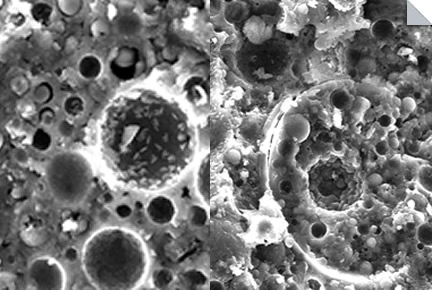Training on site for the versatility of the workers and verification of its effects on civil construction
DOI:
https://doi.org/10.4067/S0718-50732009000300006Keywords:
Training, skills, versatility, productivity, management of peopleAbstract
This paper presents the stages of a training program of manpower in the field of Civil Construction for a period of two years; it has been developed in order to get the versatility of the workers. The research was conducted with 22 workers in a pilot site in the city of Encarnación in Paraguay, enabling this to obtain data on changes in production and the impact these have generated in the construction process. The training program was implemented in the workplace, the construction site, starting with a survey about the needs of the operators, this, to make decisions about the disciplines that would be administered. Later, after the training there were qualitative and quantitative assessments. Once completed the workers training on competencies, it undertook a survey of services performed by them in relation to productivity and quality, the results were compared with another group of not trained workers. With this work it was found that it is very important for a company to improve the human resources management, since it gives more prestige to have a staff of qualified and multi-skilled workers, it also became clear that this achieves an increase in the productivity and quality indicators.


